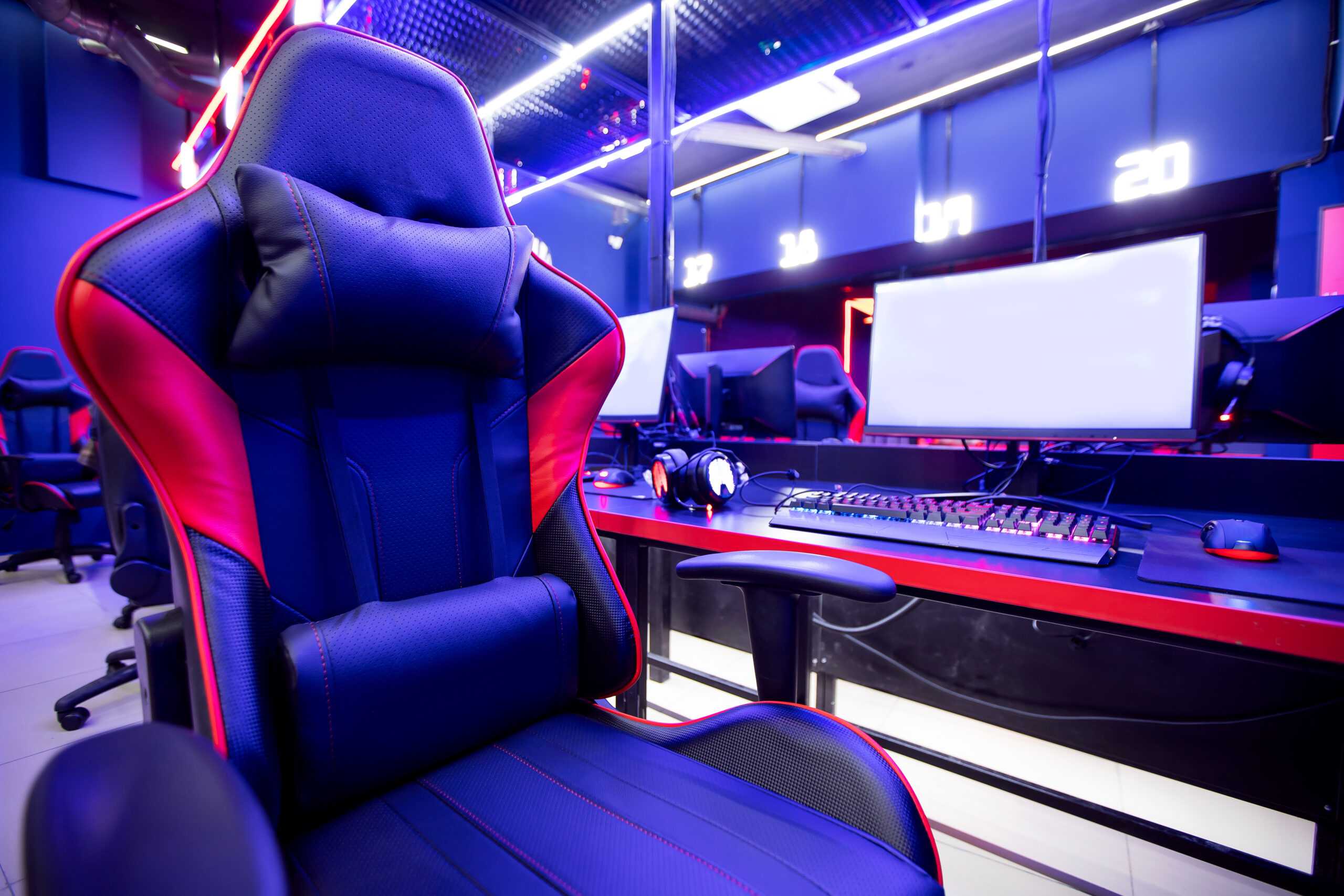Competitive Counter-Strike has been an institution in gaming for nearly two decades and CS:GO further solidified the franchise as an esport when it debuted in 2012. In recent months, however, trouble has been brewing in Valve’s paradise, as CS:GO is getting squeezed on multiple fronts.
Last month, the entire Cloud9 CS:GO roster was benched and all (including the head coach) were told that they are free to transfer to other orgs; the team’s inability to practice together in-person during the pandemic and its underperformance were cited as factors, player salaries relative to performance caused friction as well, with some team members signing contracts worth over $2 million for a 3-year period. Cloud9 said it does intend to return to CS:GO in the future, but it’s not clear when.
Since late 2020, we’ve seen 100 Thieves, Gen. G, Chaos, Team Envy, and Bren Esports all ditch CS:GO as well, with many former CS:GO veterans or entire teams choosing Riot’s Valorant instead. 100 Thieves’ Ethan Arnold commented that CS:GO was “feeling really stale” and Valorant’s developers are good at taking “professional feedback very seriously,” which has been “really lacking“ with CS:GO.
And while Valorant has been gaining momentum, CS:GO is also being investigated by the FBI, the Esports Integrity Commission (ESIC), and authorities in Australia due to match-fixing allegations. Players are being accused of accepting bribes from betting syndicates, and ESIC said the problem has been “going on for longer [and is] much more organized” than many realize. Because CS:GO has been around for nearly a decade, its prize pools are generally higher, making it more susceptible to match-fixing threats.
CS:GO remains hugely popular and resilient; it’s not about to fade away. Yet, challenges remain. Though esports gambling is a growing area, high profile sponsors and the world’s best esports orgs may shy away from an ecosystem if the integrity of the competition is questioned. According to Interpret’s New Media Measure®, CS:GO players are more likely than average esports viewers to bet on esports matches, including matches that they are playing in.






